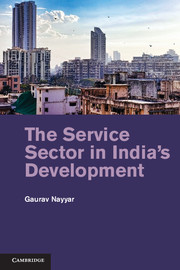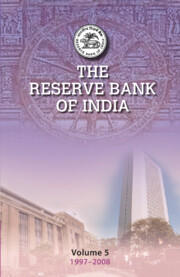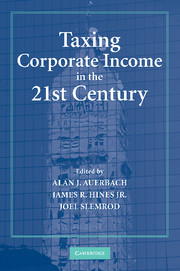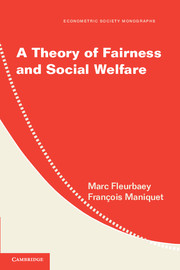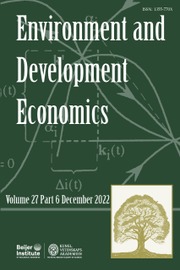Economic Reform in India
The essays in this volume are written by leading economists working on the Indian economy. They collectively emphasize the importance of policies and institutions for sustained growth and poverty reduction, stressing that the success of sector-specific policies is vitally dependent on the nature of markets and the functioning of institutions such as those charged with regulating and overseeing critical sectors. Individual contributions assess the role of Indian government policy in several key sectors and emphasize the policies required to ensure improvements in these sectors. The first section discusses aspects of the macro economy; the second deals with agriculture and social sectors; the third with jobs and how labor markets function in agriculture, industry and services; and the fourth with infrastructure services, specifically those of electricity, telecommunications, and transport. The essays are drawn from the most influential papers presented in recent years on Indian economic policy at the Stanford Center for International Development.
- Includes contributions on research and pricing by most of the leading scholars on the Indian economy
- Covers the needed policy reforms in a number of critical sectors - the financial sector, agriculture, infrastructure and so on - rather than exclusively on a particular sector
- Focuses on the reform of policies, in which most audiences are interested
Reviews & endorsements
'The transformation of India in the past couple of decades from a slow growth economy to the ranks of the fastest growing economies in the world is not a mystery. Economic reforms unleashed the growth potential of the sleeping giant. But what exactly were these reforms? This volume, with contributions by an all-star cast of expert economists, is the definitive description of the wide-ranging economic reforms undertaken by the Indian government. It will be read by academics with an interest in growth and the Indian economy, as well as by policy makers around the developing world who want their countries to emulate the Indian experience.' Mohsin Khan, Rafik Hariri Center for the Middle East, Washington DC
'This is a comprehensive critical analysis of economic reforms in India in various important sectors of the economy. The contributors to the volume are well-known scholars on Indian economy, and in this volume they not only make lucid and critical analysis of the reforms undertaken so far but also underline the unfinished tasks. The book is a must-read for students, scholars, and policy makers of Indian economy alike.' M. Govinda Rao, Director, National Institute of Public Finance and Policy, New Delhi
Product details
January 2013Hardback
9781107020047
543 pages
235 × 158 × 34 mm
0.83kg
40 b/w illus. 120 tables
Available
Table of Contents
- 1. Introduction Nicholas C. Hope, Anjini Kochar, Roger Noll and T. N. Srinivasan
- Part I. The Macro Economy:
- 2. Federalism and economic development in India: an assessment Nirvikar K. Singh and T. N. Srinivasan
- 3. India and China: trade and foreign investment Arvind Panagariya
- 4. Financial sector reforms and monetary policy: the Indian experience Rakesh Mohan
- Part II. Institutional Reforms: Agriculture and Education:
- 5. Land reform, decentralized governance and rural development in West Bengal Pranab Bardhan and Dilip Mookherjee
- 6. Market-driven agricultural growth: contrasting experiences in Punjab and Rajastham Peter Hazell, Abhijit Sharma and Laurence Smith
- 7. India's higher education opportunity Naushad Forbes
- 8. Improving the quality of rural primary schools: an evaluation of a computer aided learning program in south India Verghese Jacob, Anjini Kochar and Suresh Reddy
- Part III. Employment, Industrial Structure and Poverty:
- 9. The missing middle Anne O. Kreuger
- 10. Some aspects of the trends in employment and unemployment in Bihar and Kerala since the seventies T. N. Srinivasan and Treb Allen
- 11. Size matters: urban growth and poverty in India 1983–2005 Peter Lanjouw and Rinku Murgai
- Part IV. Infrastructure: Electricity and Transportation:
- 12. An assessment of Indian telecommunications reform Roger Noll and Scott Wallsten
- 13. Managing demand-side economic and political constraints on electricity industry restructuring process Frank A. Wolak
- 14. Moving India: the political economy of transport sector reform Nirvikar K. Singh and Jessica S. Wallack.


